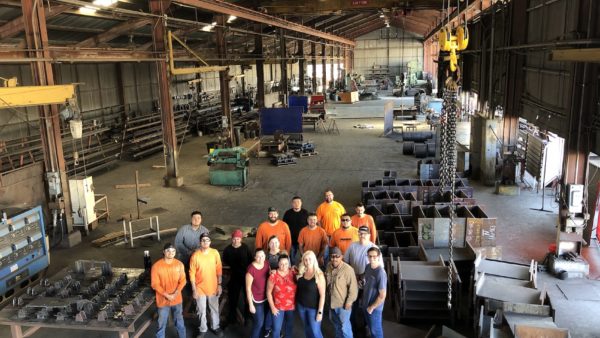Qatar has moved to head off a fresh round of players’ human rights protests at World Cup qualifying matches, admitting ‘Nobody’s perfect, but we need to do more’.
Organisers fear a repeat of matches in March when players from Germany, Netherlands and Norway wore shirts protesting at the treatment of migrant workers as the tiny Gulf state prepares for next year’s tournament.
It followed a report in February in The Guardian newspaper that calculated there had been at least 6,500 migrant worker deaths since Qatar won hosting rights in 2010 among those building stadiums and wider infrastructure.Â
The country has undergone a massive £120bn transformation for the World Cup, with 10 stadiums built or refurbished, a metro system, an airport, roads, hotels and even a new city built in preparation.
The Doha authorities, which dispute the 6,500 figure, were forced introduce a range of welfare reforms amid claims that many of the workers, mostly from South Asia, were perishing in the searing summer heat.
Stricter controls on working hours during the hotter months were brought in after contractors were found to be breaking them, and Qatar says the mortality rate has consistently declined since 2010 due to health and safety reforms.
Last week the country received a boost when Norway voted not to boycott the tournament despite a campaign by grassroots support to stay away.
However, Danish supporters are still calling for a debate in parliament to consider a ban on their team competing.
The Norway Football Federation (NFF) claimed its campaign had brought about improvements in Qatar that otherwise may not have happened.
“For the last five or six years we have worked together with human rights and labour organisations to increase pressure on Qatar and FIFA,” said NFF president Terje Svendsen.
One factor which may have affected the result was the threat from FIFA that if it had gone ahead with the boycott, Norway – and its star player Erling Haaland (pictured) – would have faced being banned from the 2026 World Cup in the USA, Canada and Mexico.
Meanwhile, Qatar has tried to weather the storm created by The Guardian report by saying it was striving to improve migrant workers’ rights.
Speaking to the country’s virtual Economic Forum on Wednesday last week, Hassan al Thawadi, Secretary General of the Supreme Committee for Delivery and Legacy, said: “The strong belief we have is that everybody living in Qatar or contributing to the development of Qatar is treated with dignity. Their health and safety is of the utmost concern to us.”
Al-Thawadi said: “There is not a single nation in the world today that can claim they have the perfect labour system or the perfect worker welfare regime and we are no different. Progress needs to be done, more work needs to be done.”
Reforms which Qatar has been forced to introduce include the abolition of the hated kefala system of sponsored labour, described by human rights campaigners as modern-day slavery, and an improved minimum wage.
But critics such as Amnesty International say the improvements are not being brought in fast enough and fear they will be forgotten once the tournament is over and the spotlight has moved away.
Despite the slow pace of change, the International Trade Union Congress boss Sharan Burrow has gone out of her way to praise Qatar, saying its reforms are leading the way in the Middle East, where more than 20 million workers are still employed under kefala.
The World Cup is expected to contribute around £15bn to Qatar’s economy with a large portion benefitting the construction and tourism industries.
- Anthony Harwood is a former foreign editor of the Daily Mail.
Image: Norwegian football star Erling Haaland is seen here in yellow playing for Borussia Dortmund against Rome’s SS Lazio in October 2020. Norway could have been banned from the 2026 World Cup if Norway had boycotted the 2022 tournament in Qatar (©Agenzia LiveMedia/Dreamstime)










